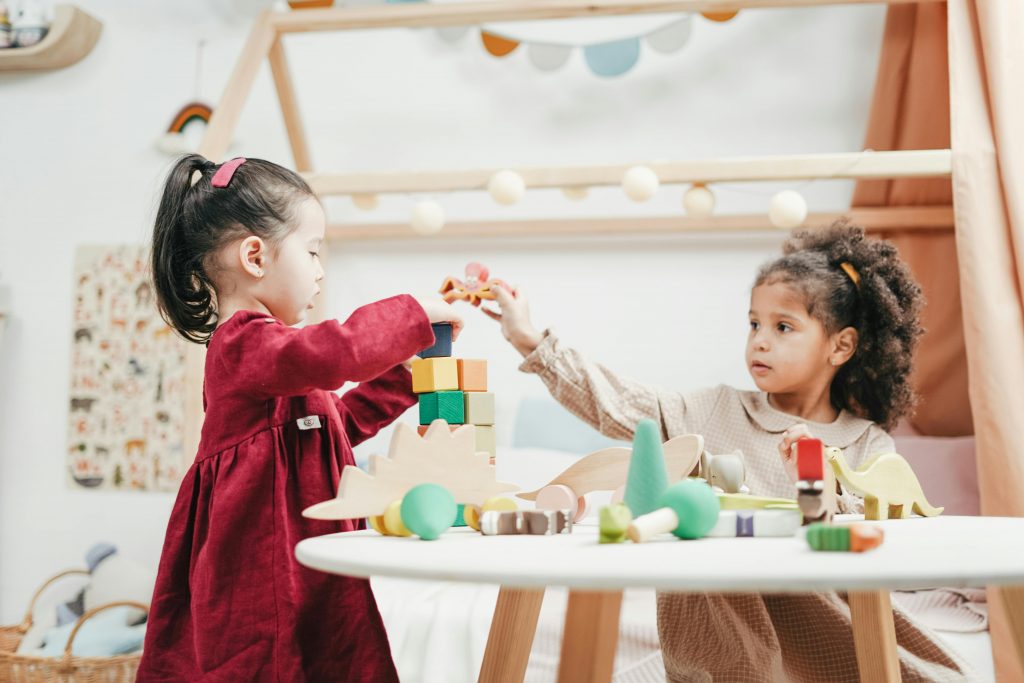Why Play Matters More Than You Think
Play isn’t just a fun part of childhood—it’s essential to healthy development. According to the United Nations Convention on the Rights of the Child, every child has the right to engage in age-appropriate play and recreation. This isn’t just about entertainment; it’s about growth, learning, and well-being.
Here’s how play helps shape confident, communicative, and resilient children.
“Play is often talked about as if it were a relief from serious learning, but for children, play is serious learning. Play is really the work of childhood.”
Fred Rogers
1. Boosts Social Communication Skills
Engaging children in spontaneous, imaginative play—like pretending to go to the doctor or meeting new friends—helps build real-world communication skills. Through play, children practice:
- Taking turns
- Reading social cues
- Expressing emotions using tone and body language
These social-communication skills are foundational for developing strong relationships and navigating everyday situations.
2. Builds Confidence and Independence
Play is one of the earliest ways children learn to make decisions and solve problems on their own. As they explore their environment, children gain confidence by:
- Making choices during free play
- Interacting with peers
- Learning from trial and error
This kind of learning helps foster independence and a sense of agency—skills that carry over into the classroom and beyond.
3. Helps Reduce Childhood Anxiety
Stressful situations like starting school or meeting new people can be overwhelming for young children. But through pretend play, kids can rehearse and express their fears in a safe space. This kind of play has been shown to:
- Lower anticipatory anxiety
- Help children process emotions
- Create a sense of emotional safety
By “playing through” tough situations, children become better prepared to handle them in real life.
4. Promotes Inclusive Play and a Sense of Belonging
Inclusive play environments help every child feel seen and valued. When play settings welcome children of all backgrounds and abilities, they:
- Learn empathy and cooperation
- Feel comfortable engaging with others
- Experience a stronger sense of community
As expert Garry Landreth said: “Toys are used like words by children, and play is their language.” Inclusive play ensures that every child gets a chance to speak and be heard.

Final Thoughts
Play is more than fun—it’s fundamental. It promotes emotional regulation, builds lifelong skills, and strengthens social bonds. Let’s make sure every child has the opportunity to play, explore, and grow.
References
- Schaefer, C. E. (2010). Play therapy for preschool children.
- Ginsburg, K. R. (2007). The Importance of Play in Promoting Healthy Child Development.
- Chang, Y.C., et al. (2024). Developmental Play Skills as Outcomes of Early Intervention.
- Danniels, E., & Pyle, A. (2023). Inclusive Play-Based Learning.
